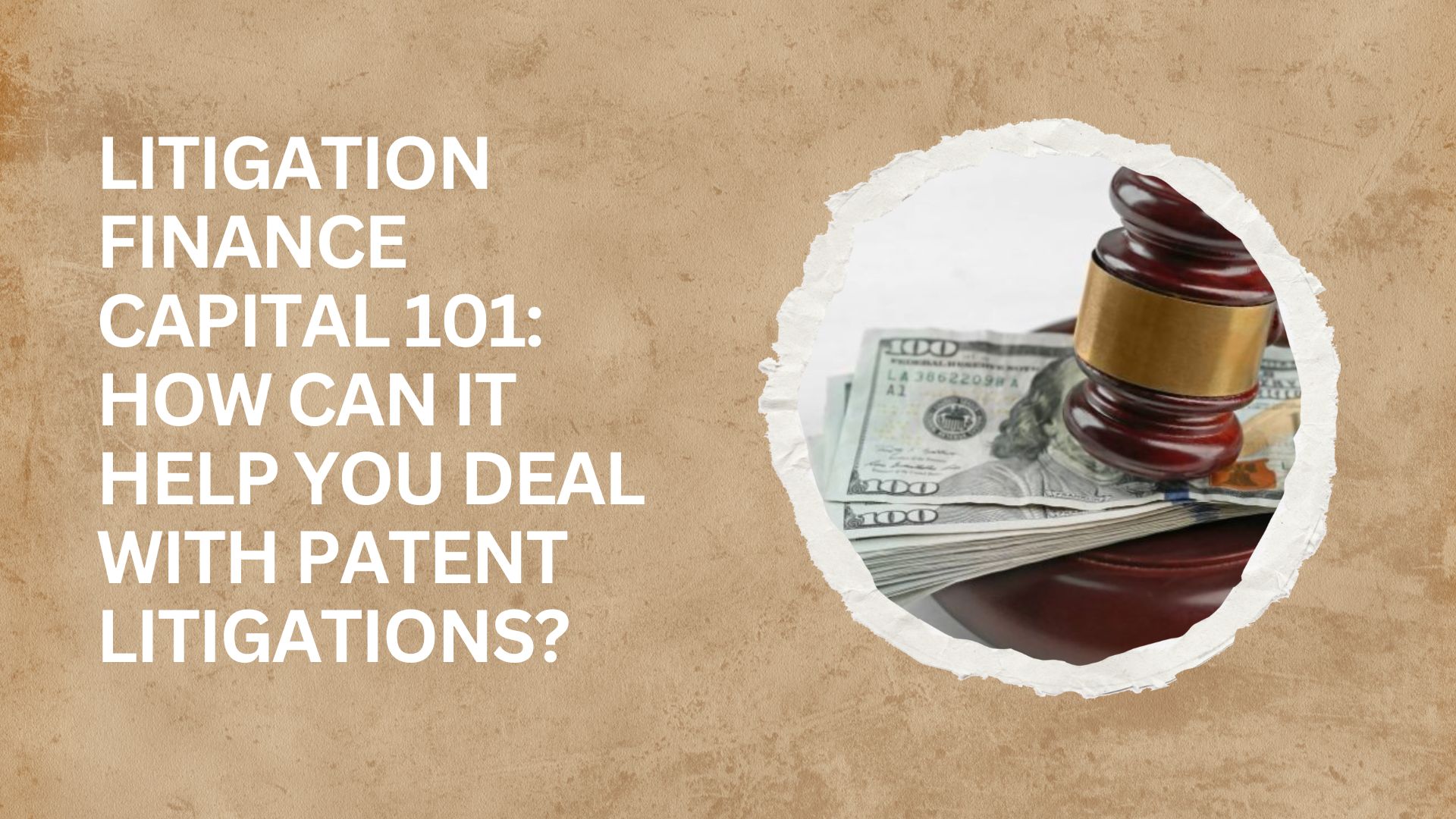
As a business owner, you must know that infringement of patents can be a threat to a company’s profits and even survival. However, it costs too much to enforce patents. It’d cost you more than $25 million to deal with patent litigation. And, the high cost is one of the most common facts that hold most companies (even the well-capitalised ones) from protecting their IP (Intellectual Property) through enforcement actions. And, here comes litigation finance capital options. Third-party legal financing has become popular for both small and large organisations to deal with commercial litigation. Even the reports show that third-party financiers provided about $812 million only for patent cases in 2021. Experts also estimated that about 30% of total patent litigation cases globally are nowadays financed through third-party litigation financing options.
But how can legal funding help you deal with a patent litigation issue? Let’s discuss more about that in the following blog post.
What is litigation financing?
Litigation financing is a legal arrangement, where a funder (who isn’t a party to the case) provides funds to the claimant in exchange for an interest in the recovery from the case. However, the arrangements of the legal funding depend on the potential value of the case you’re dealing with.
Unlike other loans, litigation loans are a non-resource investment. It means you only have to repay the amount to the legal funder only when the case is resolved in your favour. If the lawsuit hasn’t become successful, you don’t have to pay anything back to them.
Upon winning the case, you’ve to repay the funding amount to the funder along with a return on their investments outlined in the agreement with the terms and benefits.
Why bother getting legal financing to deal with your patent litigation matters?
A patent is a right that granted to the inventor with the permission that stop others to make, sell or use their invented products for a certain time. However, if the patent holders face any well-capitalised defendants with unlimited resources to fight for litigation claims, they may have to file lots of challenges for the patient claim.
And, all these factors make patent litigation more expensive and riskier than other types of legal matters. Thus, getting help from third-party legal funding firms would be helpful for the claimants (you).
The following are some of the main reasons why you should get help from legal loans for dealing with your patent litigation,
1. Litigation financing options can give access to steady capital to the claimants to level their playing field up. Even if it’s expensive, with legal funding by your side, you can pay for level expenses and costs, including hiring a costly lawyer to represent your case. it can also give you the staying power to fight for their rights even against well-capitalised defendants.
2. Legal funding options can lower the risks for claimants for unpredictable patent litigation. A lot can happen during a patent dispute; a case can be limited or defeated. Well, having litigation financing by your side, you can protect yourself against some of these risks.
3. Having a legal funding option by your side, your company can retain capital for other vital business purposes while still dealing with the lawsuit. Even if you’ve got all the necessary resources to pursue the litigation, legal financing can allow you to put them to better use.
4. Lastly, litigation funding can increase access to justice for aggrieved patent holders. By providing them with the creditability and financial backing of a third-party funder, you can negotiate a more equitable settlement rather than accepting an inadequate amount because of limited funds.
Concluding with,
Is your organisation dealing with a patent lawsuit against someone well-capitalised with unlimited resources? Well, getting help from litigation finance capital options can help you a lot. We hope this blog can help you with that.
Author Bio: The Author is a professional litigation funder. For years, he’s helped many people deal with lots of litigation matters through litigation finance capital options. Also, he’s written tonnes of articles and blog posts on various related topics.